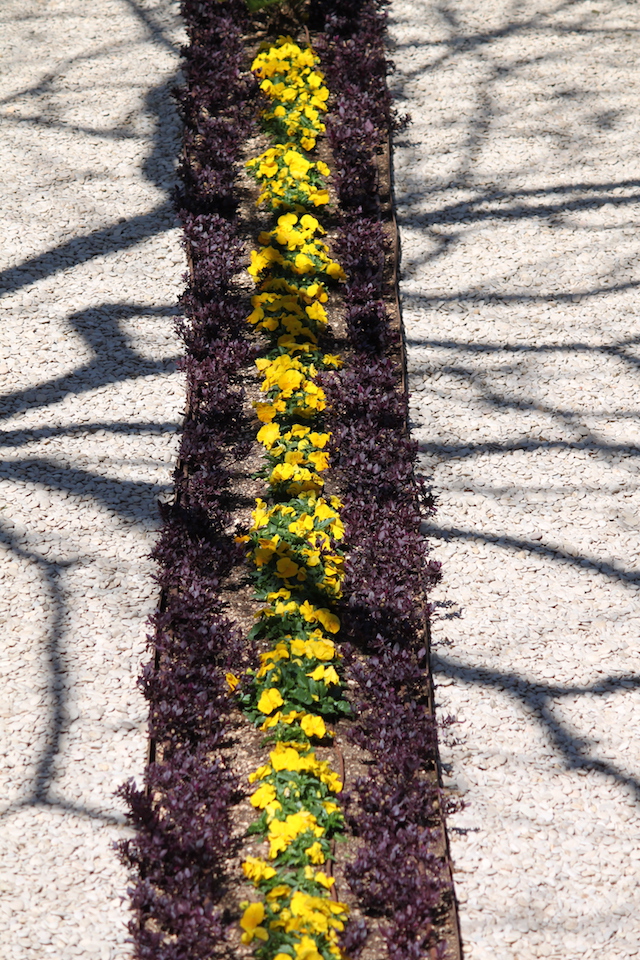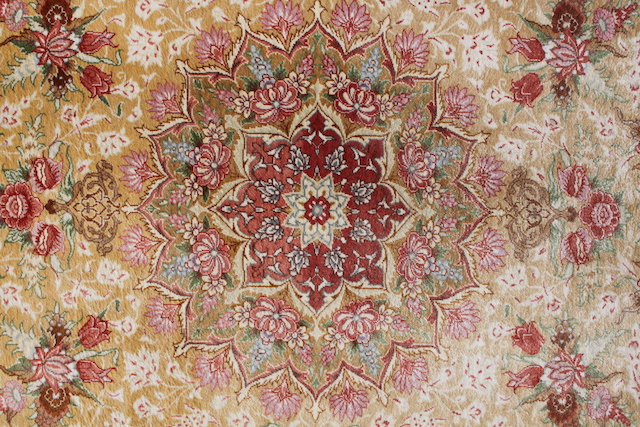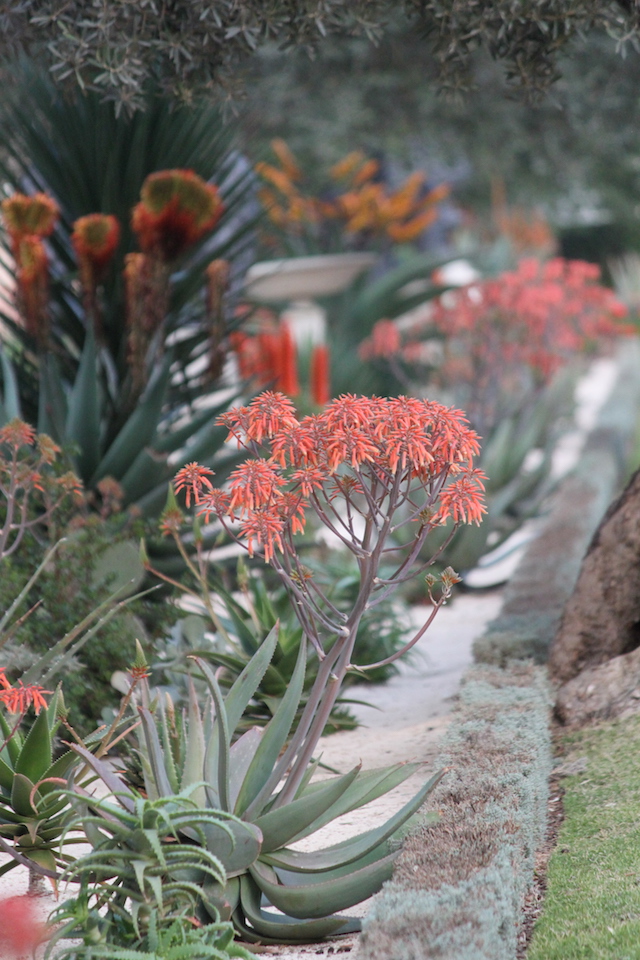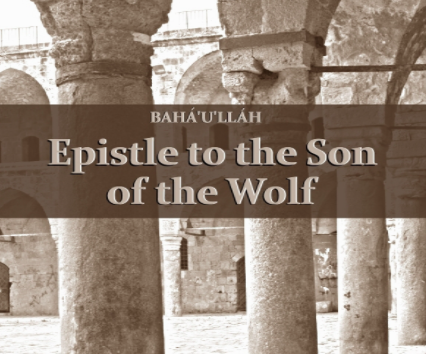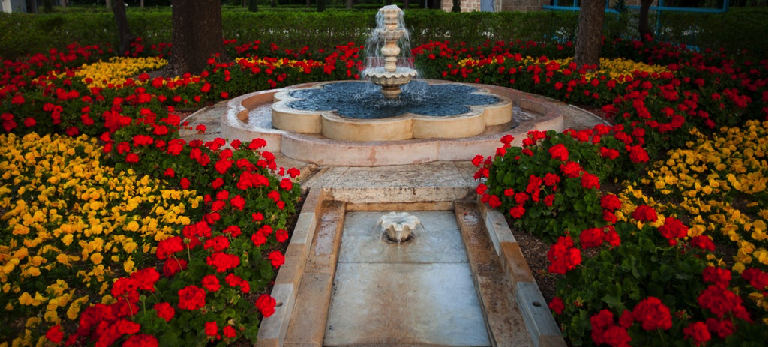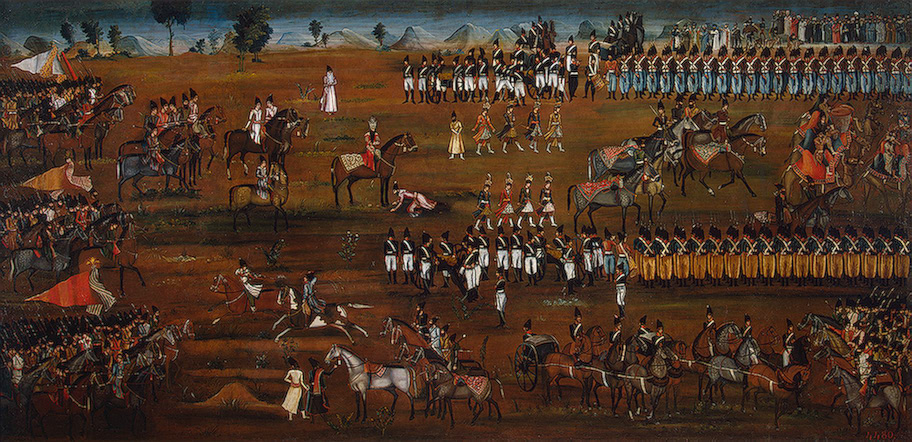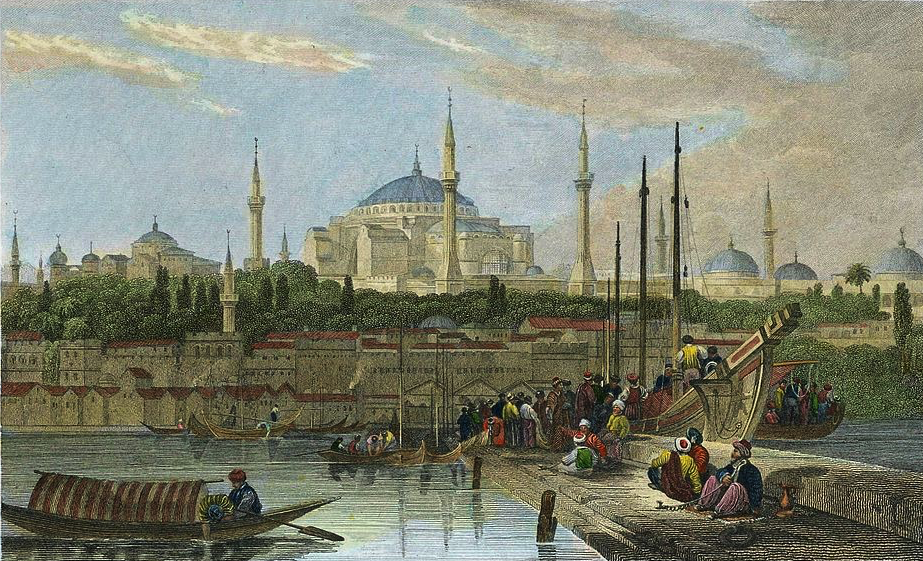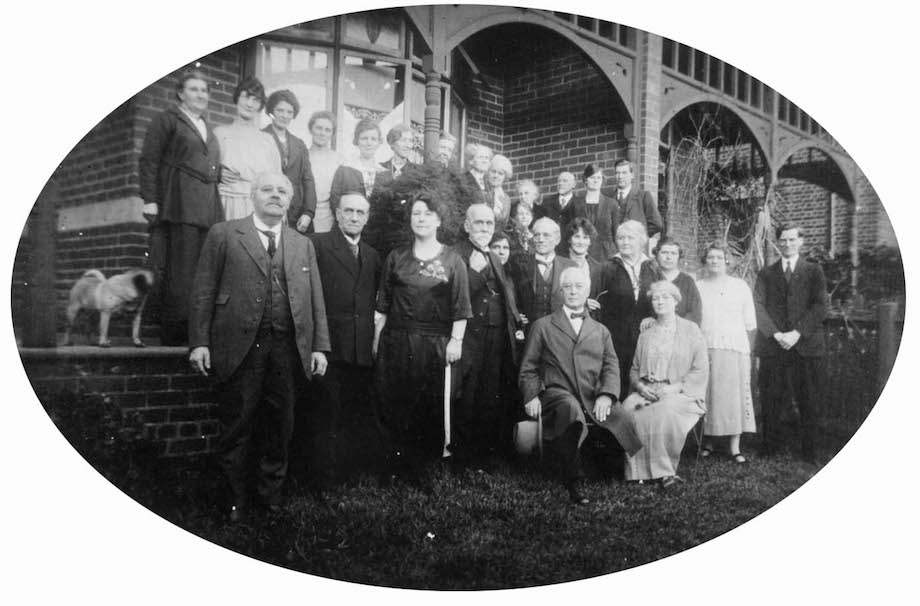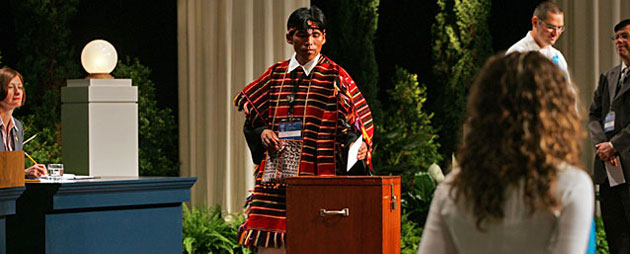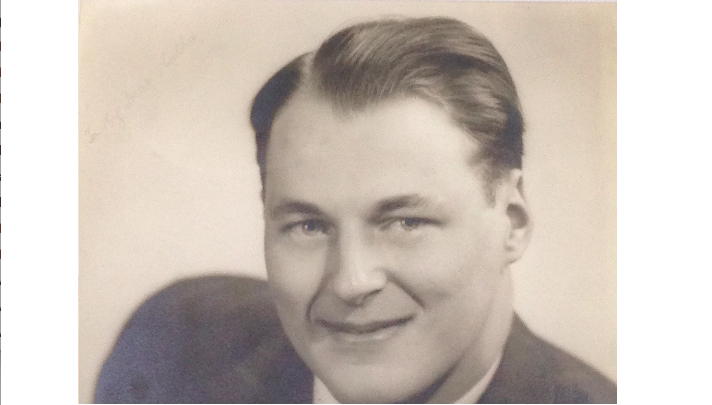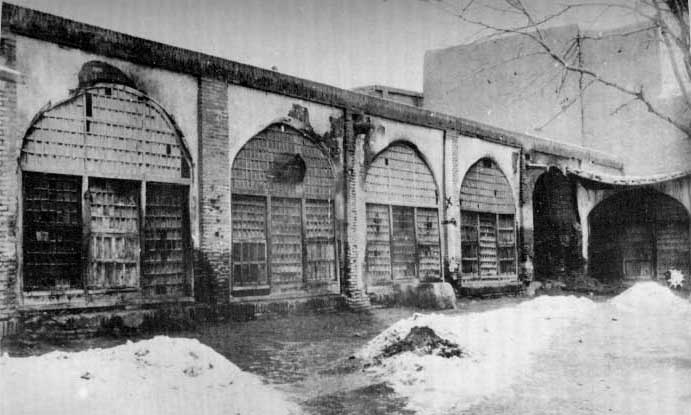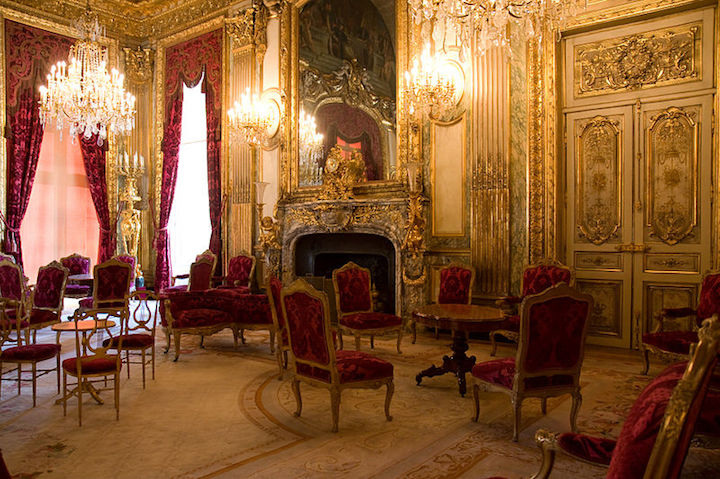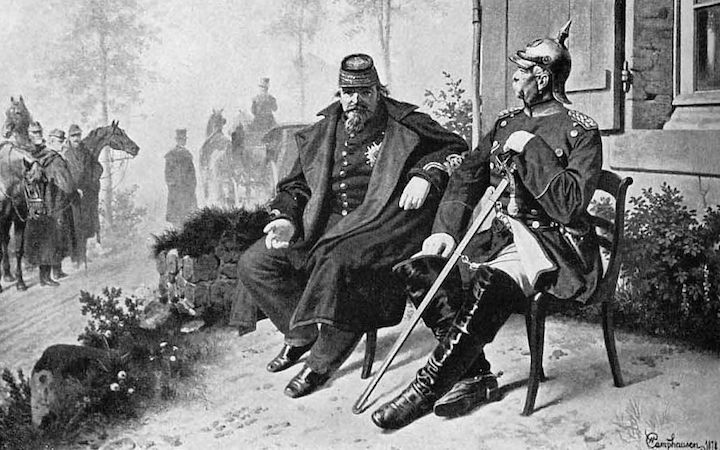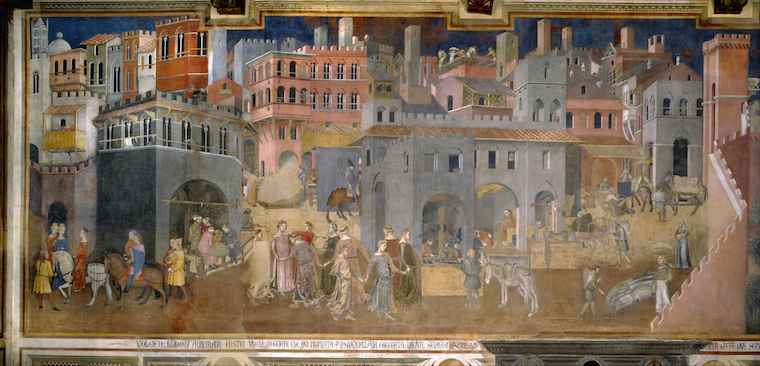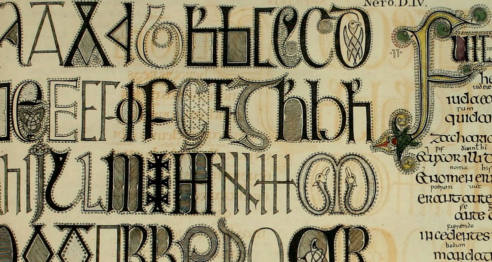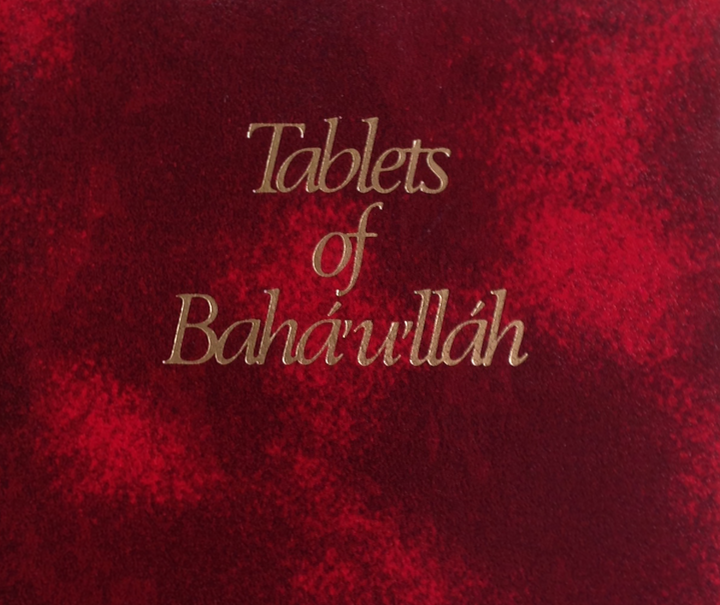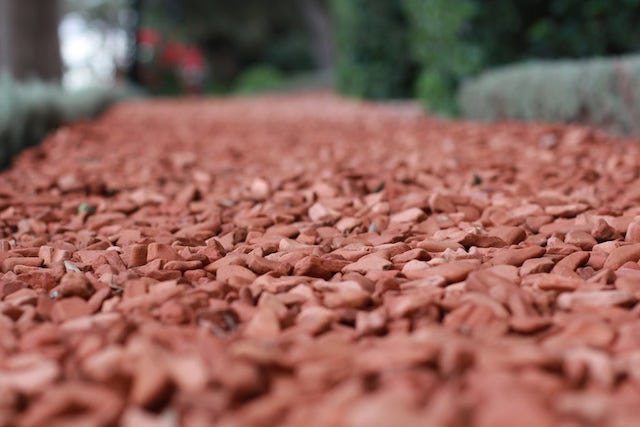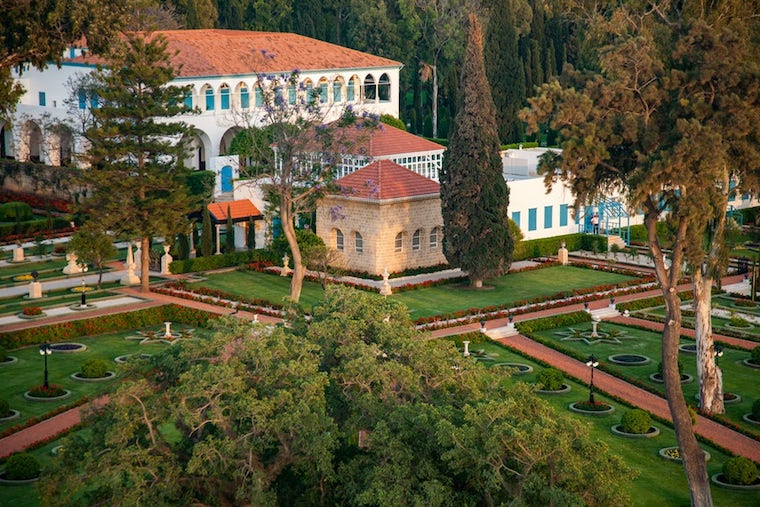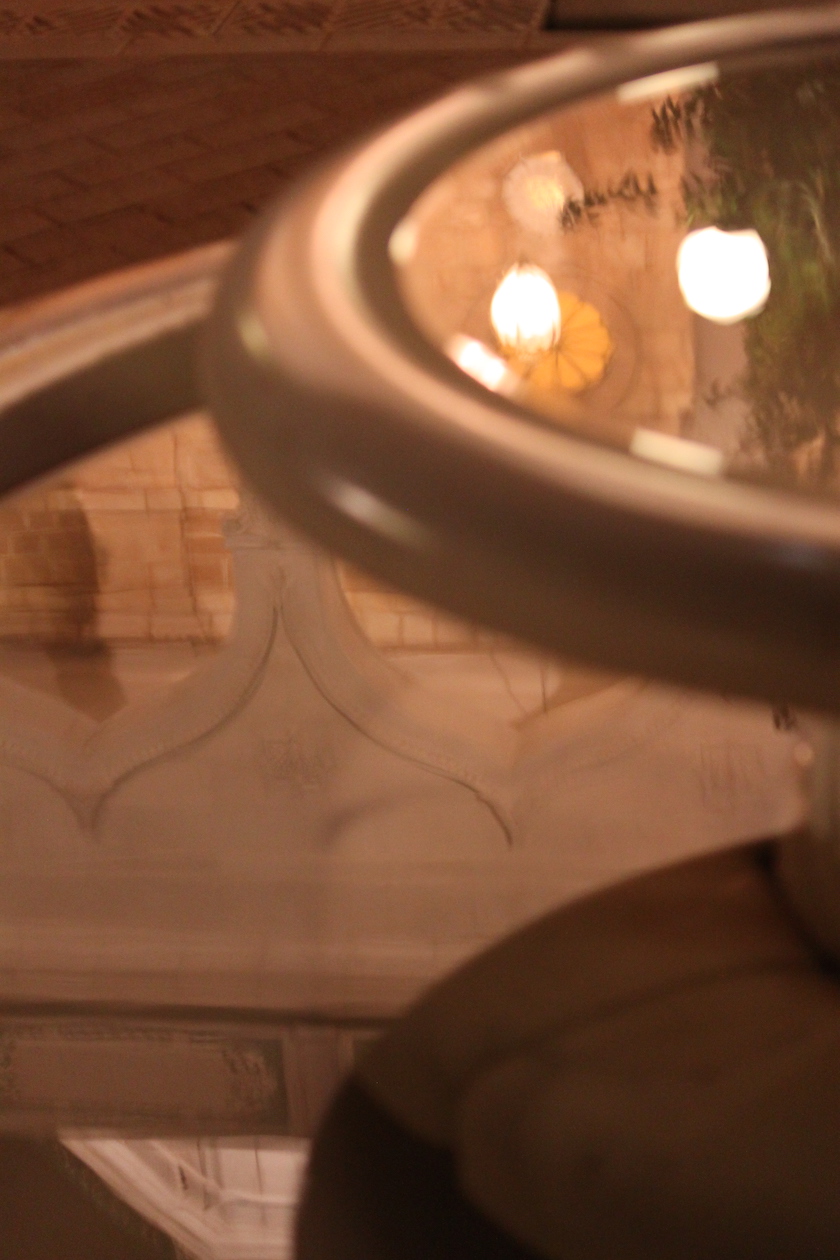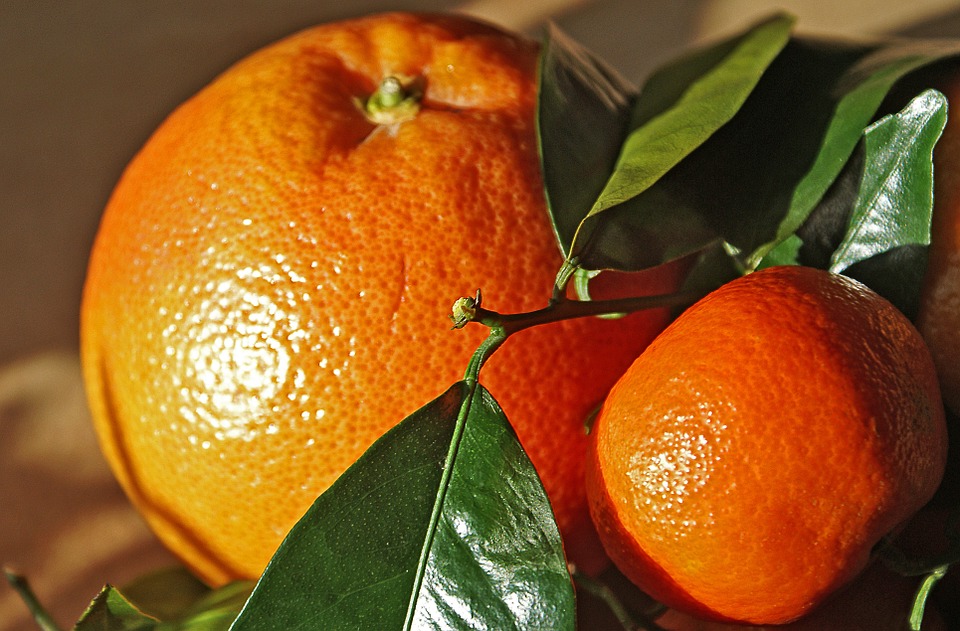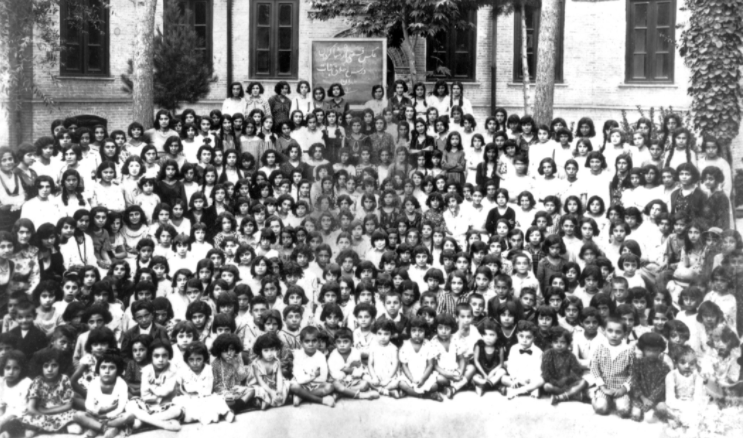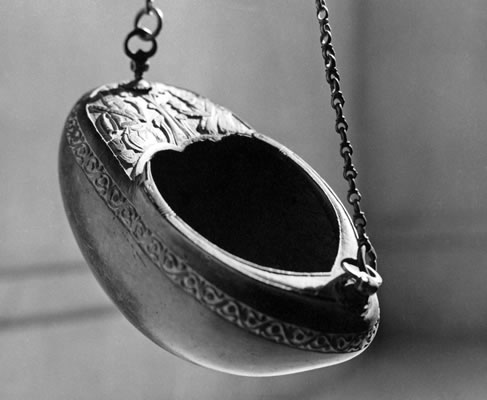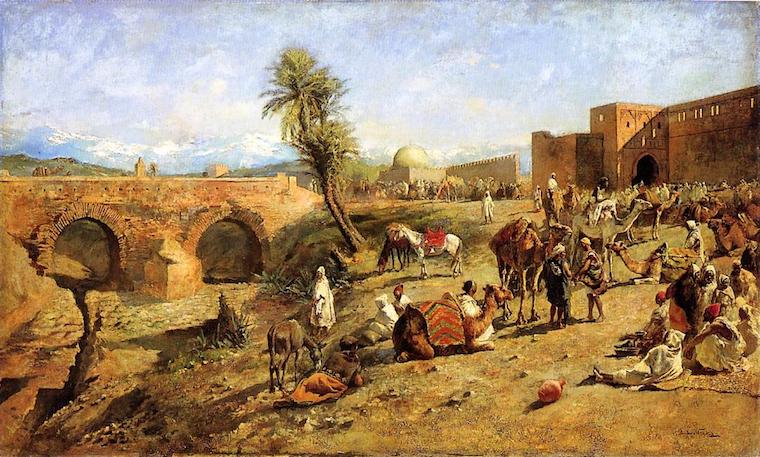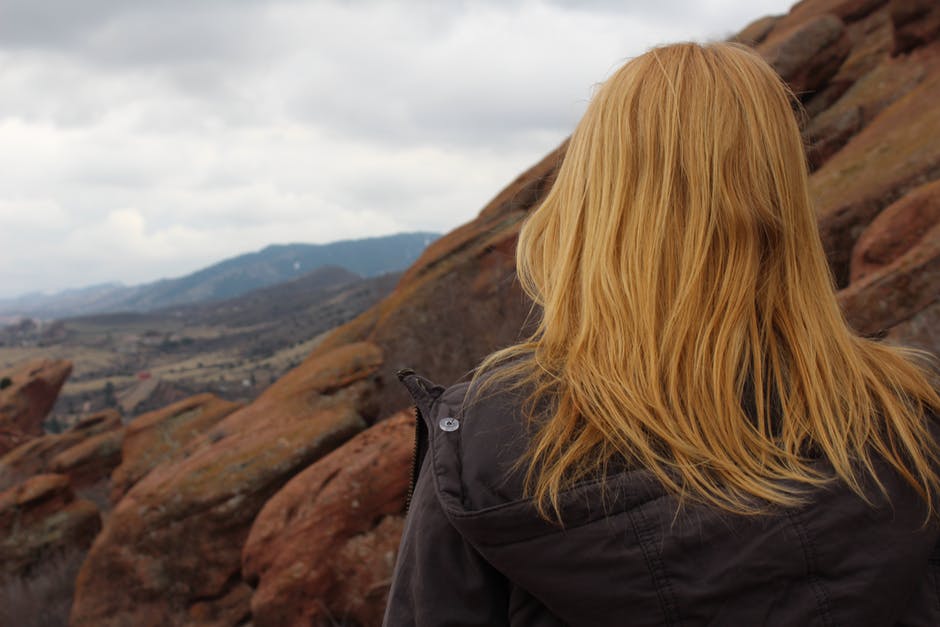Baha'u'llah
-
Tablet of the World – Five Positive Teachings
In the Tablet of the World, we have already seen Bahá’u’lláh’s condemnation of four evils: The unbelievers and the faithless have set their minds on four things: first, the shedding of blood; second, the burning of books; third, the shunning of the followers of other religions; fourth, the extermination of other communities and groups. Now however, through the strengthening grace and potency of the Word of God these four barriers have been demolished, these clear injunctions have been obliterated from the Tablet and brutal dispositions have been transmuted into spiritual attributes.[1] Such practices have no place in human behaviour. However Bahá’u’lláh also counsels five positive directions, in Tablet of the…
-
Tablet of the World – the Prerequisites of Peace, Understanding and Unity
Bahá’u’lláh observes that each era has its own needs. Attitudes, standards and practices of the past are not applicable to the needs of the present or the future. As to thy question concerning the heavenly Scriptures: The All-Knowing Physician hath His finger on the pulse of mankind. He perceiveth the disease, and prescribeth, in His unerring wisdom, the remedy. Every age hath its own problem, and every soul its particular aspiration. Be anxiously concerned with the needs of the age ye live in, and centre your deliberations on its exigencies and requirements.[1] The world of the past was a world of domination, violent conflict and division. As commented in a previous…
-
The World and the Self
For a work about the world as a whole, the Tablet of the World is personal: intensely personal. It reflects the fact, commented on in a previous article – that the personal is universal. The world and the self are intimately interconnected. As in many passages of Bahá’u’lláh’s writings old concepts are recast — suddenly providing new insight – new inspiration. Like the prophets of old: like Jesus in the Temple or Muhammad cleansing the Kaaba, Bahá’u’llah casts down false idols. The idols that Baha’u’llah casts down are not physical however. They are idols in our hearts. And in the Tablet of the World Bahá’u’lláh calls us to free ourselves from their harmful domination.…
-
Frank Wyss – Knight of Bahá’u’lláh
Frank Wyss was a Knight of Bahá’u’lláh. He did not engage in physical warfare. That was not the kind of knight he was. A Knight of Bahá’u’lláh engages in a spiritual battle – primarily a battle against self. The title was granted to those who arose, in response to plans set by Shoghi Effendi in 1953, to take the Baha’i Faith around the world. Frank Wyss was part of a remarkable generation of Australian Baha’is – at the time a vanishingly small — but audacious community. In the 1930s Baha’is of Australia and New Zealand elected their first National Spiritual Assembly – one of the earliest on the planet. When…
-
The Tablet of the World and Bahá’u’lláh’s Homeland
The Tablet of the World was written in 1891 in Haifa. It was written at a time when two of Bahá’u’lláh’s followers lay imprisoned because of their faith. These two, Ali-Akbar, and Haji Abu’l Hassan-i-Amin, had been designated Hands of the Cause and the Tablet of the World starts by honouring them. The words used to do so are resonant: Light and glory, greeting and praise be upon the Hands of His Cause, through whom the light of fortitude hath shone forth and the truth hath been established that the authority to choose rests with God, the Powerful, the Mighty, the Unconstrained, …[1] After drawing our minds to the sacrificial lives of such individuals,…
-
Bahá’u’lláh’s counsel to do no harm
In the Tablet of the World, Bahá’u’lláh counsels us that we should do no harm. Incline your hearts to the counsels given by the Most Exalted Pen and beware lest your hands or tongues cause harm unto anyone among mankind.[1] The principle to “do no harm” has ancient provenance and appears in both East and West. It is attributed to Hippocrates, as an element of the ancient Greek Hippocratic Oath, binding on the healer. It appears as “ahimsa”, a foundational principle in eastern religions such as Hinduism, Jainism and Buddhism. In eastern medicine, the words of the Confucian sage Mengzi are cited as authority to “do no harm”. To be more…
-
The Beatitudes of Bahá’u’lláh
In the Lawh-i-Aqdas – Bahá’u’lláh speaks primarily to those familiar with the teachings of Jesus Christ. He concludes this message with twenty-one beatitudes. These, obviously evoke the beatitudes of Jesus and the sermon on the mount, and there are many similarities. But there is also a different resonance. When Jesus spoke two thousand years ago he prepares his followers — those who truly arose to a Christian life — for suffering — counselling his followers to see beyond the external realities of an illusory world. Although Bahá’ulláh also draws attention to persecution in his path and his call is also one to arise to a spiritual life, the primary note…
-
Bahá’u’lláh’s Message to Christians
The Lawh-i-Aqdas – the Most Holy Tablet – is addressed to Christians. Bahá’u’lláh announces his mission to the followers of Christ. Almost at its outset, the call is made: O followers of the Son! Have ye shut out yourselves from Me by reason of My Name?[1] These words allude to passages such as the following from the Bible. The nations will see your vindication, and all kings your glory; you will be called by a new name that the mouth of the Lord will bestow.[Isaiah 62:2] To him who overcomes, to him I will give … a new name written on the stone which no one knows but he who receives…
-
Metaphors for Bahá’u’lláh: the Sun of Knowledge, the Ocean of Wisdom, the Royal Falcon
Innumerable metaphors for Bahá’u’lláh appear in his writings. They enrich our understanding of who Bahá’u’lláh is. One of the most striking such metaphors appears in the Lawh-i-Maqsud. He that hath Me not is bereft of all things. Turn ye away from all that is on earth and seek none else but Me. I am the Sun of Wisdom and the Ocean of Knowledge. I cheer the faint and revive the dead. I am the guiding Light that illumineth the way. I am the royal Falcon on the arm of the Almighty. I unfold the drooping wings of every broken bird and start it on its flight.[1] In this context, it is quoted from an earlier work by Bahá’u’lláh – the…
